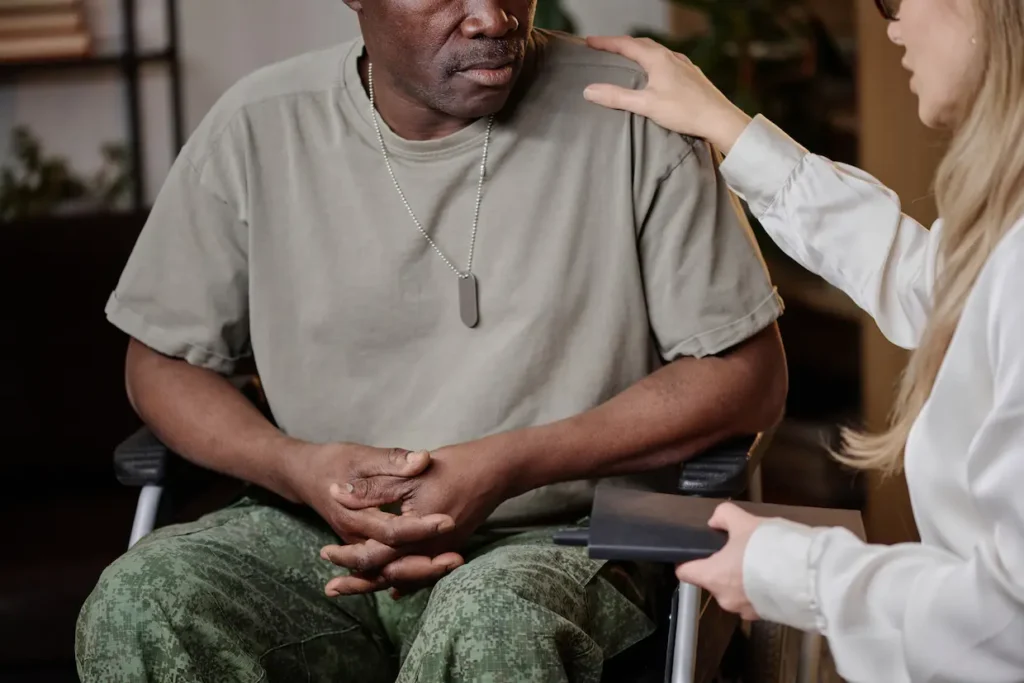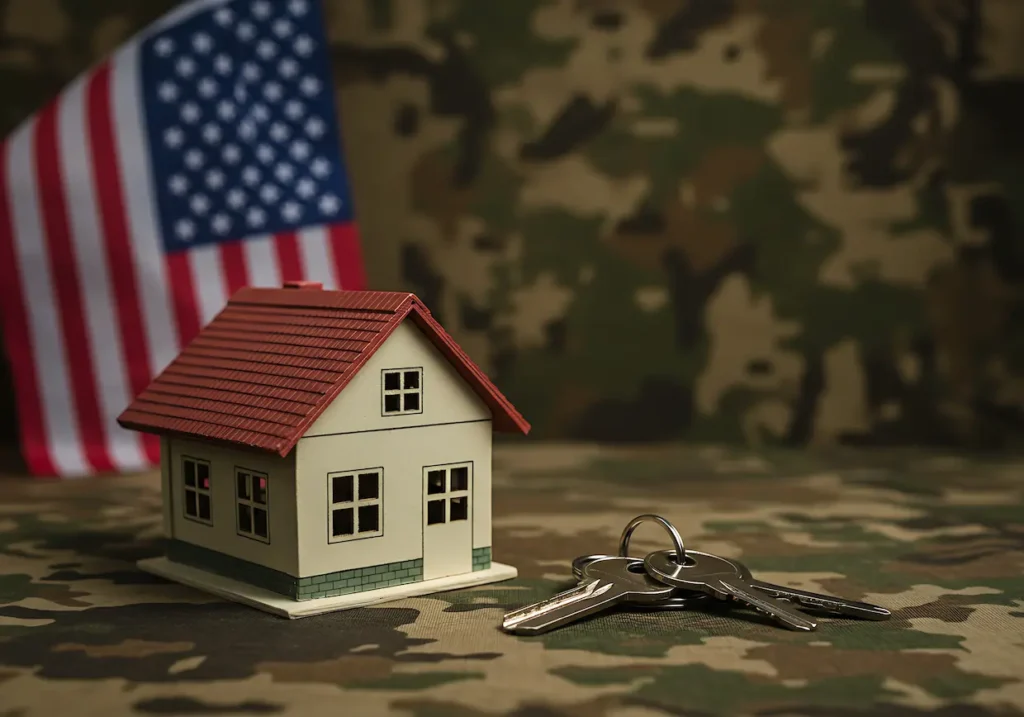Opening a letter from the VA and finding out you might owe money back? That’ll make your heart sink. You count on those disability checks. They’re not just numbers—they cover groceries, gas, rent. And now the VA says you were overpaid?
If this sounds familiar, you’re not alone. Thousands of veterans—especially those tied to recent PACT Act claims—are getting these notices. It’s unsettling. But let’s take a deep breath and walk through it together. I’ll break it down clearly, and show you what you can actually do about it.
What Is a VA Disability Overpayment?
Simply put, it’s when the VA sends you more money than they believe you should’ve received. Maybe it was an honest mistake. Maybe it’s tied to a change in your life that wasn’t reported fast enough. Either way, they’ve noticed—and now they want that money back.
The letter will usually come from the VA’s Debt Management Center (DMC). It’ll explain how much you allegedly owe, how they came up with that number, and what your next steps can be. The key is not to ignore it.
Why Do Overpayments Happen?
- VA Errors
Sometimes the problem starts with the VA itself. A typo, a misread file, or confusion over new legislation—like what happened with the PACT Act—can all lead to payment errors. The VA’s own Inspector General recently found over $6 million in incorrect payments tied to how claim start dates were handled. - Life Changes
Did your income change? Get married? Divorced? Lose a dependent? These things can all affect your benefits. And if they aren’t reported quickly, the VA might keep sending the old amount, which becomes an overpayment. - Incarceration
If you’re incarcerated for more than 60 days, your VA disability benefits may be reduced. If that change isn’t reported—or gets missed—that can trigger a debt.
What If You Got a PACT Act Overpayment?
The rollout of the PACT Act has been bumpy. The VA struggled with effective dates—whether payments should start from the date you filed, the date of diagnosis, or even the date the law passed. That confusion led to many overpayments. If you filed under the PACT Act, double-check your decision letter. The “effective date” is critical.
What to Do If You Get a Debt Notice
First rule? Don’t toss the letter aside. Read it closely.
The VA will explain:
- Why they believe you owe money
- The total amount
- What your options are
Act quickly—there are often deadlines (sometimes 30 days) for disputing the debt, asking for a waiver, or setting up a payment plan. Missing that window can limit your options.
Your Options for Handling VA Debt
Here’s a calm rundown of what’s on the table:
✅ Dispute the Debt
Think the VA made a mistake? You can challenge it. Send a letter explaining why you disagree, and include any documents that back you up. You can also request the evidence they used to decide there was an overpayment in the first place.
✅ Request a Waiver
You can ask the VA to forgive the debt if:
- It wasn’t your fault, and
- Paying it back would cause you financial hardship
To apply, fill out VA Form 5655 (Financial Status Report) and be honest. Lay out your income, expenses, and assets clearly. If they agree, you may not have to repay anything.
✅ Offer a Compromise
If you can’t pay the full amount but could pay a chunk of it, you might offer a lump-sum compromise. It’s not always accepted, but in some cases, the VA will settle for less.
✅ Set Up a Repayment Plan
Can’t handle the full deduction all at once? You can work out a monthly payment plan that fits your budget. This prevents them from taking your entire benefit check in one go.
VA’s Next Move: The Collection Process
If you don’t respond, the VA can start withholding your monthly benefits until the debt is paid. That could mean missing a few full checks. If it continues, they may even refer the debt to the Treasury Department, garnish tax refunds, or affect your credit.
So don’t wait. Reach out to the Debt Management Center (DMC) and ask about your options.
Keeping the VA in the Loop
The best way to prevent future overpayments is by keeping your information updated—especially:
- Marital status
- Dependent changes
- Income (if you’re receiving needs-based benefits)
Updating the VA isn’t always fast, but it’s worth the effort. This is basic upkeep that protects your benefits—and your peace of mind.
Get Help from a VSO
You don’t have to handle this alone. Accredited Veterans Service Organizations (VSOs) like the DAV, VFW, or American Legion can help you:
- Review your overpayment notice
- Dispute a debt
- Request a waiver
- Submit a payment plan
They know the system, and they’ll walk with you through it.
You can find a VSO rep using the VA’s VSO locator tool, or visit your local VA office.
Other Types of VA Debt
While this guide focuses on disability compensation, overpayments can also stem from:
- VA health care (copay bills)
- Education benefits (like GI Bill funds sent after you dropped classes)
- Voc rehab programs
No matter the source, the steps for resolving the debt are mostly the same: get the notice, understand the issue, and act fast.
Final Word: You’ve Got Options
Getting hit with a VA debt notice is frustrating. But you’ve got tools. You’ve got rights. And you’ve got people who’ll help.
Don’t sit on the notice. Review it, ask questions, and take action—whether that’s disputing the claim, applying for a waiver, or negotiating a repayment plan that keeps your head above water.
You’ve earned these benefits. You’ve served. And if the system stumbles, you have every right to get answers and seek fairness.
Stay steady, stay proactive—and if you need a hand, reach out.
Would you like a downloadable checklist or summary version of this for a veteran-facing web page or resource guide?


